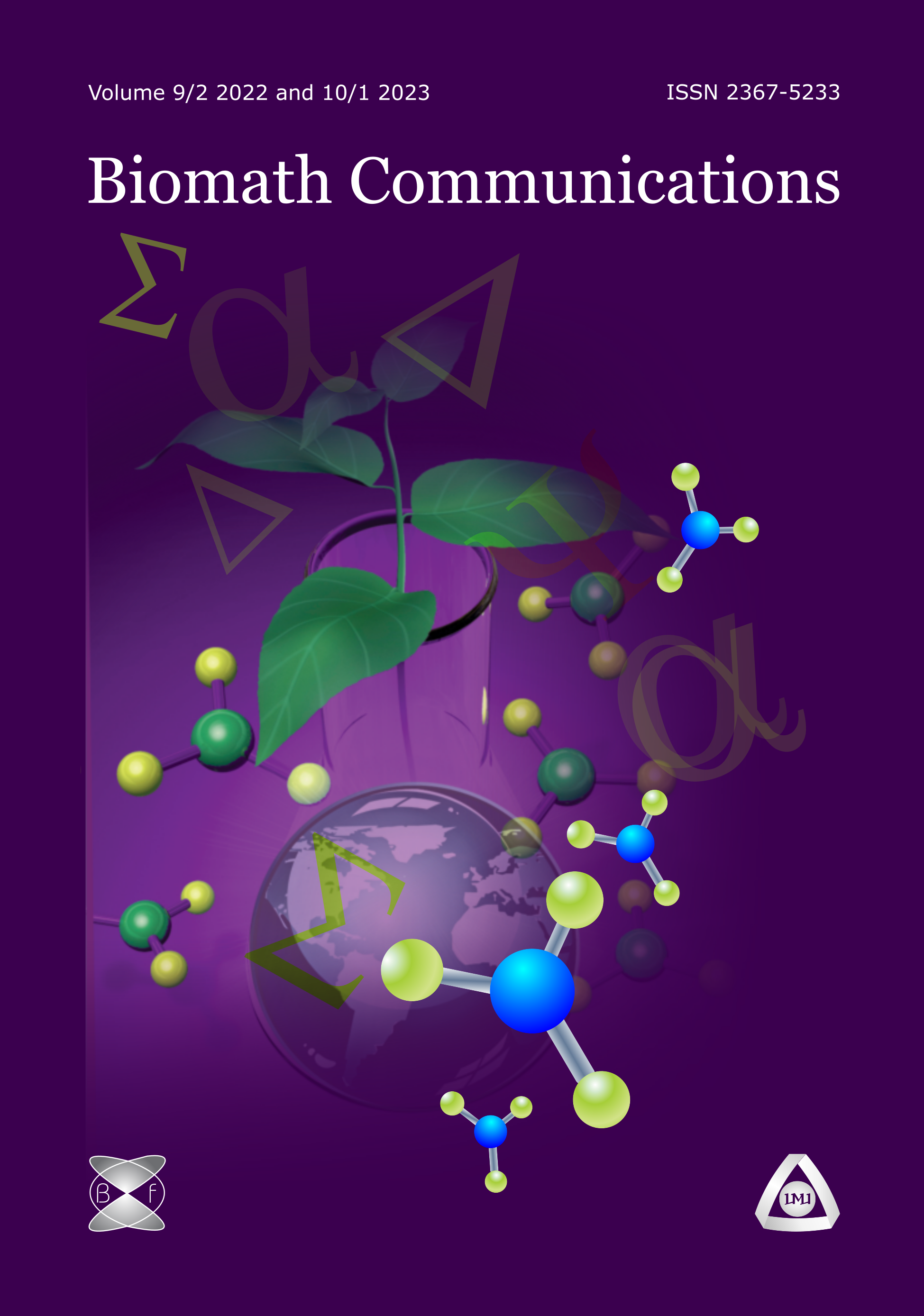Phoenix Rebirth Hampered: Regime Shift of Fire in Fynbos Ecosystem due to the Invasion of Acacias
DOI:
https://doi.org/10.11145/519Abstract
Fynbos is natural woody plant vegetation situated in the floristic region in Western Cape, South Africa [2]. Most Fynbos depends on fire for seed production and germination and other survive fire by growing from the ground. Fire regime in Fynbos is possible to be changed by invasive alien plants, which in turn can be provoked by other changing global environmental factors such as rising ambient temperatures[2]. In particular, Australian Acacias is known to invade Fynbos ecosystem and change the fire regime. The fire regimes refer to how the fire varies, in terms of how often it occurs, when it occurs and how fiercely it burns. In this work, we investigated how fire regimes emerge in the Fynbos ecosystem and how the invasions of Acacias affect the fire regime in Fynbos ecosystem to Acacias favour. We build a mathematical model to describe the dynamics of Fynbos and fire before and after the invasion of Acacias in Fynbos ecosystem. We assumed that Fynbos and Acacia life cycle include seeds, seedling and adult stage. Fire dynamics in Fynbos ecosystem before and after the invasion of Acacias was presented as a predator-prey model where we treated fire as a predator, adult Fynbos and Acacias as the prey [1]. For simplicity in our model after the invasion we only considered the competition between seeds, seedling and matured stage for both Acacias and Fynbos. We used stability and bifurcation analysis to detect the regime shift of fire in Fynbos ecosystem from the invasion of Acacias.Downloads
Published
Issue
Section
License
The journal Biomath Communications is an open access journal. All published articles are immeditely available online and the respective DOI link activated. All articles can be access for free and no reader registration of any sort is required. No fees are charged to authors for article submission or processing. Online publications are funded through volunteer work, donations and grants.
Authors who publish with this journal agree to the following terms:
- Authors retain copyright and grant the journal right of first publication with the work simultaneously licensed under a Creative Commons Attribution License 4.0 that allows others to share the work with an acknowledgement of the work's authorship and initial publication in this journal.
- Authors are able to enter into separate, additional contractual arrangements for the non-exclusive distribution of the journal's published version of the work (e.g., post it to an institutional repository or publish it in a book), with an acknowledgement of its initial publication in this journal.
- Authors are permitted and encouraged to post their work online (e.g., in institutional repositories or on their website) prior to and during the submission process, as it can lead to productive exchanges, as well as earlier and greater citation of published work (See The Effect of Open Access).

